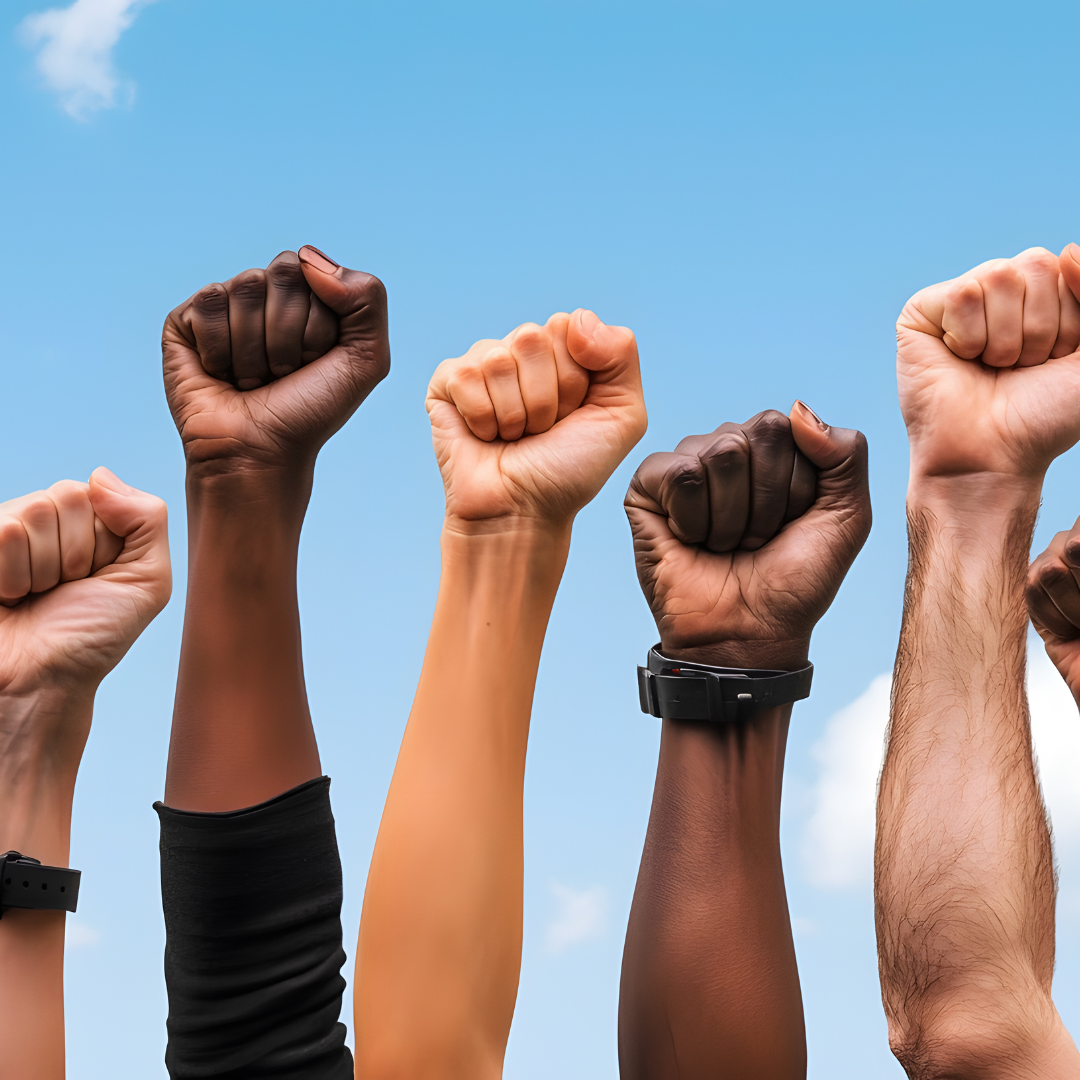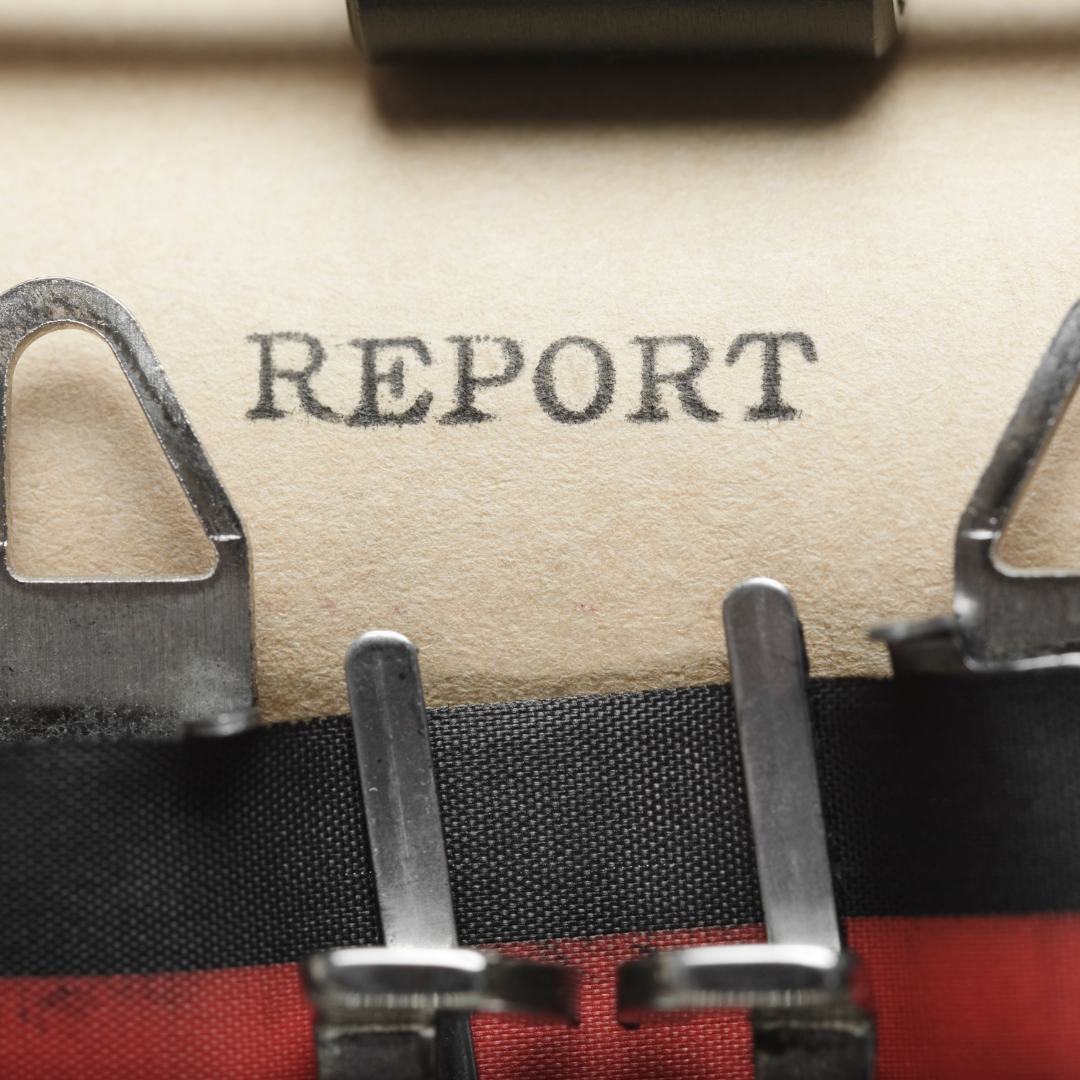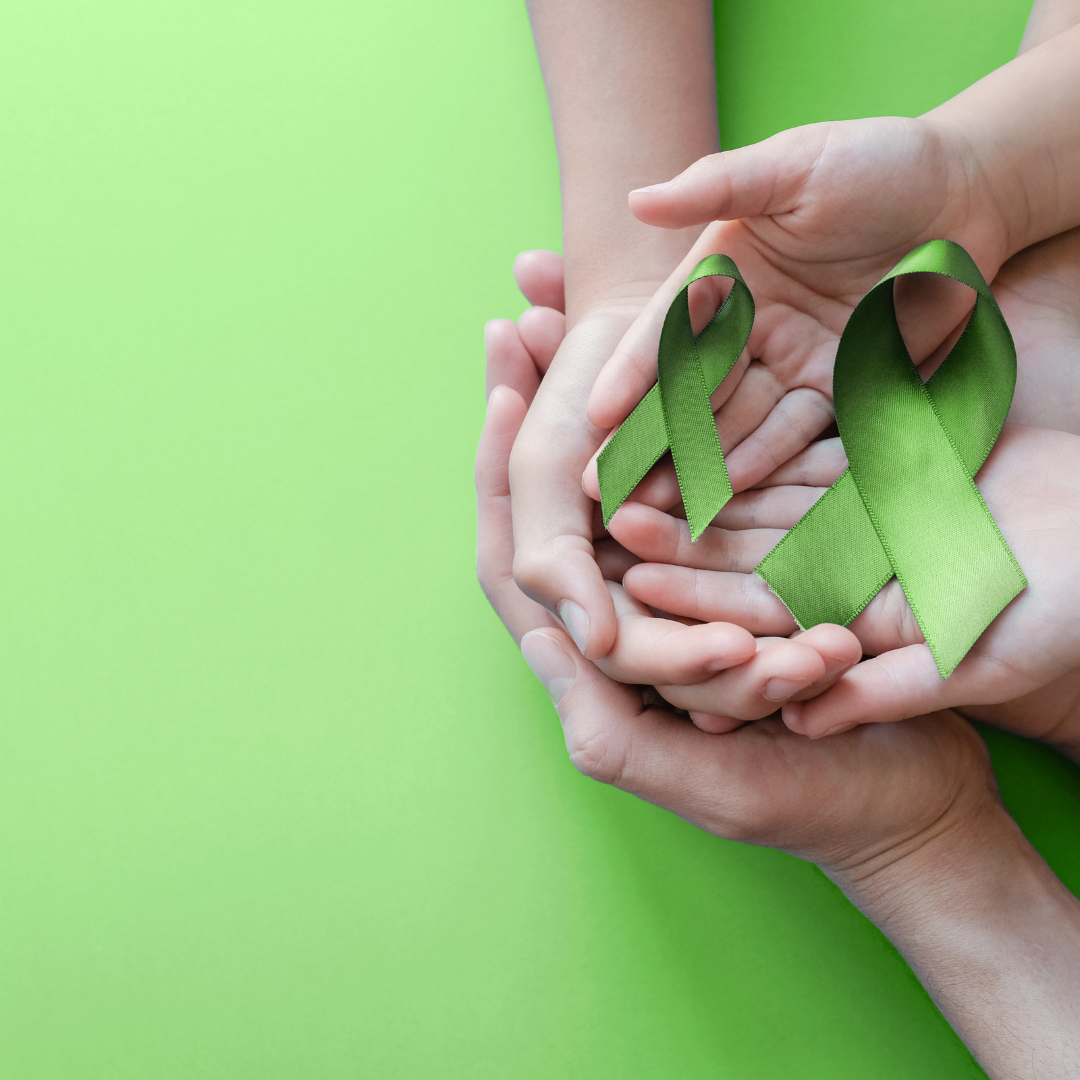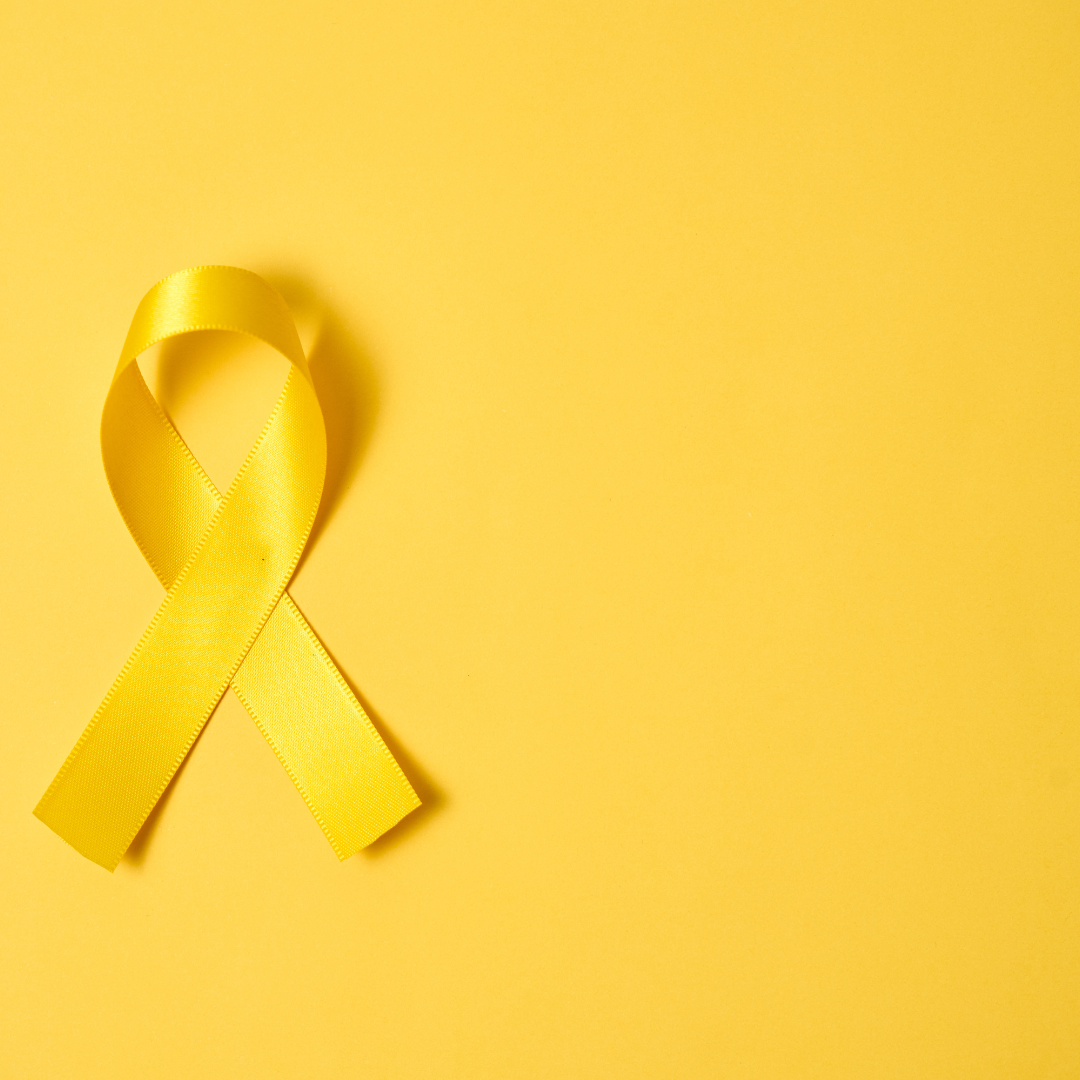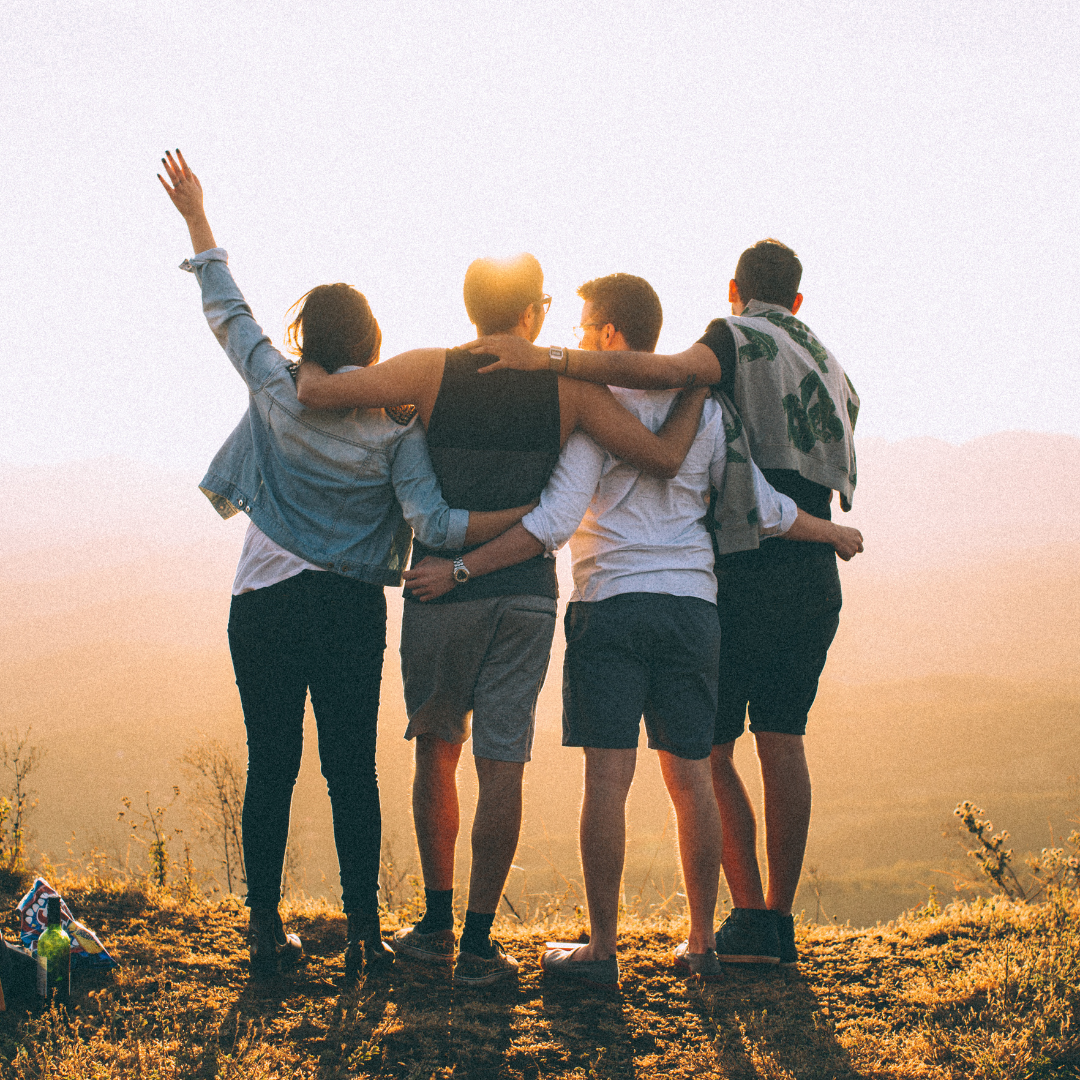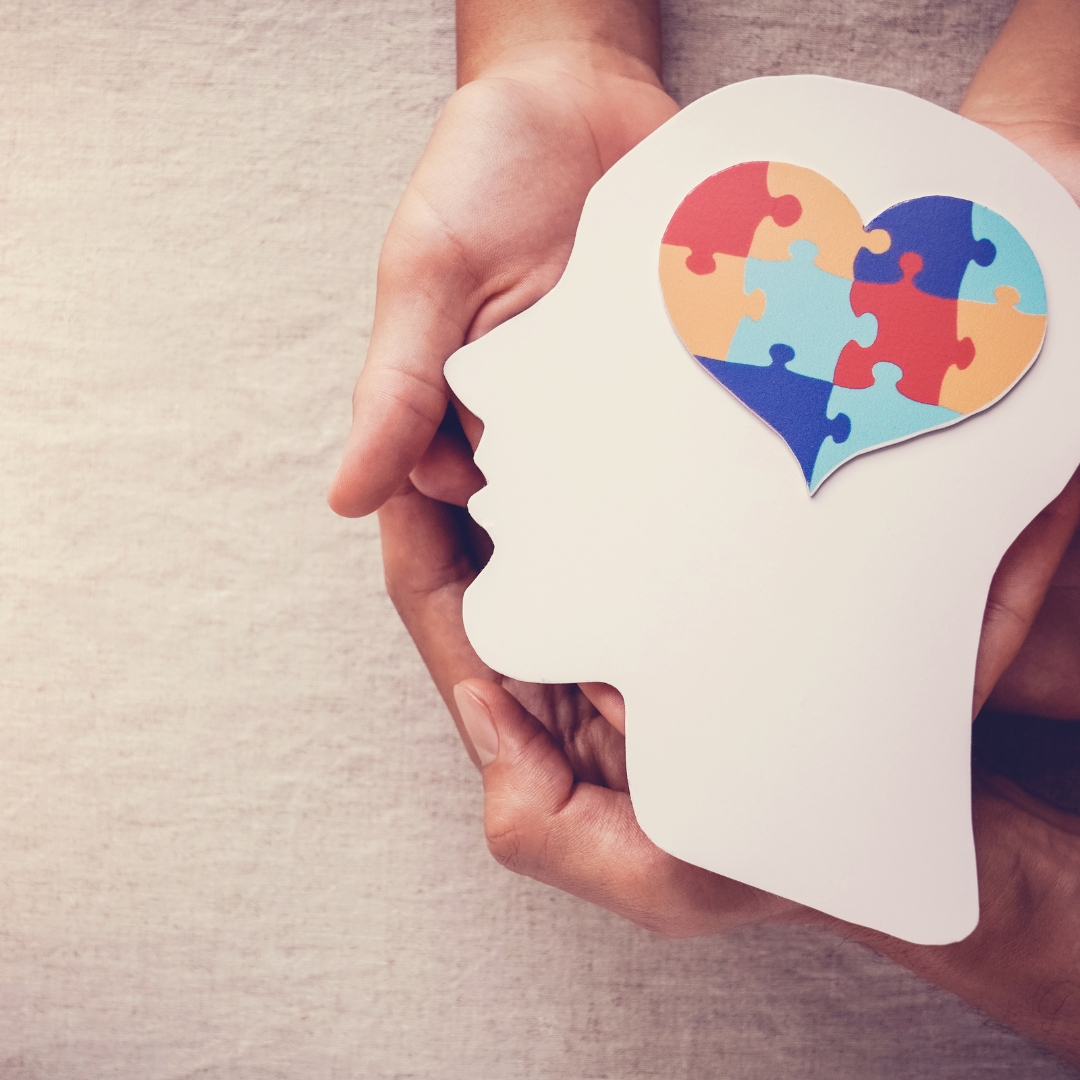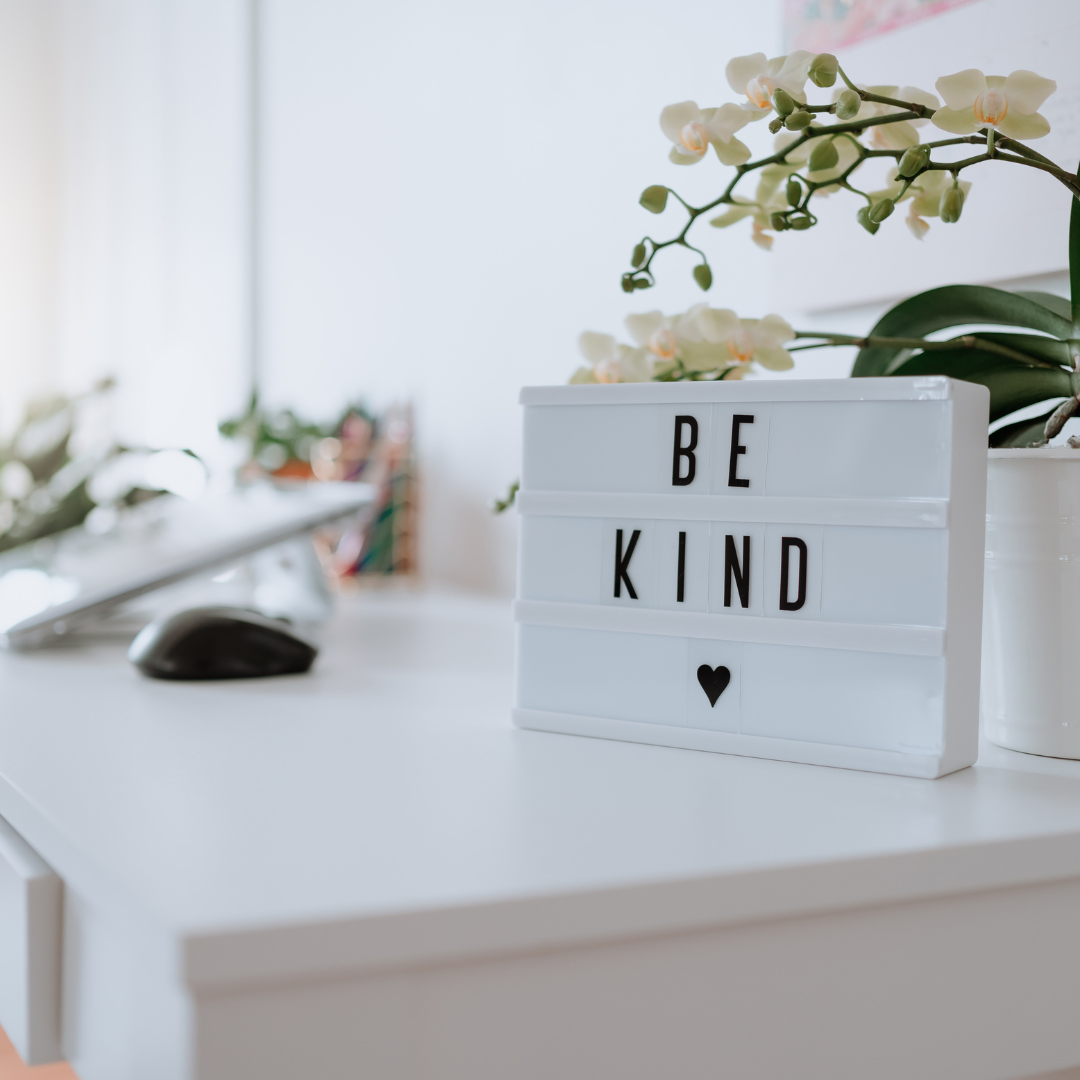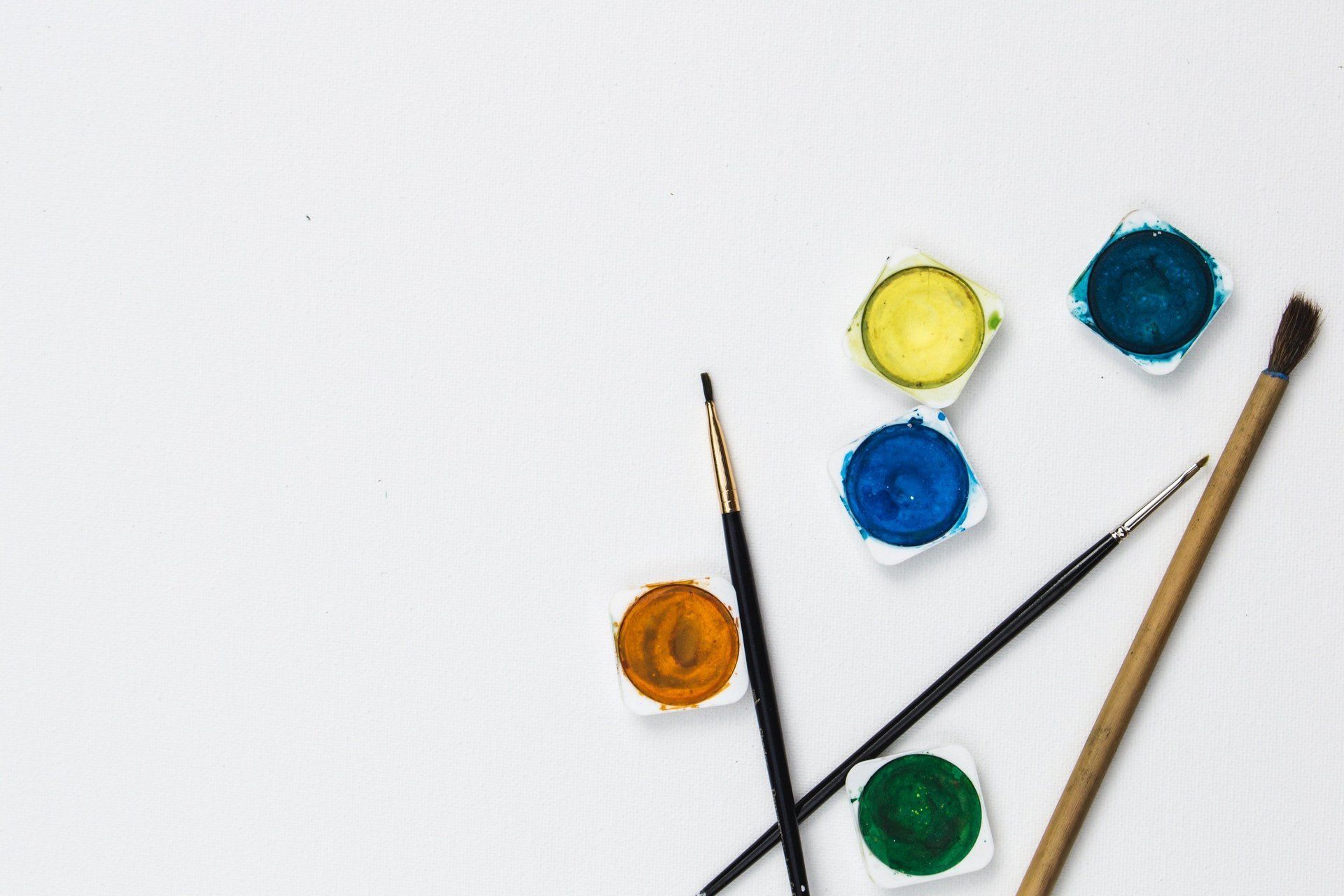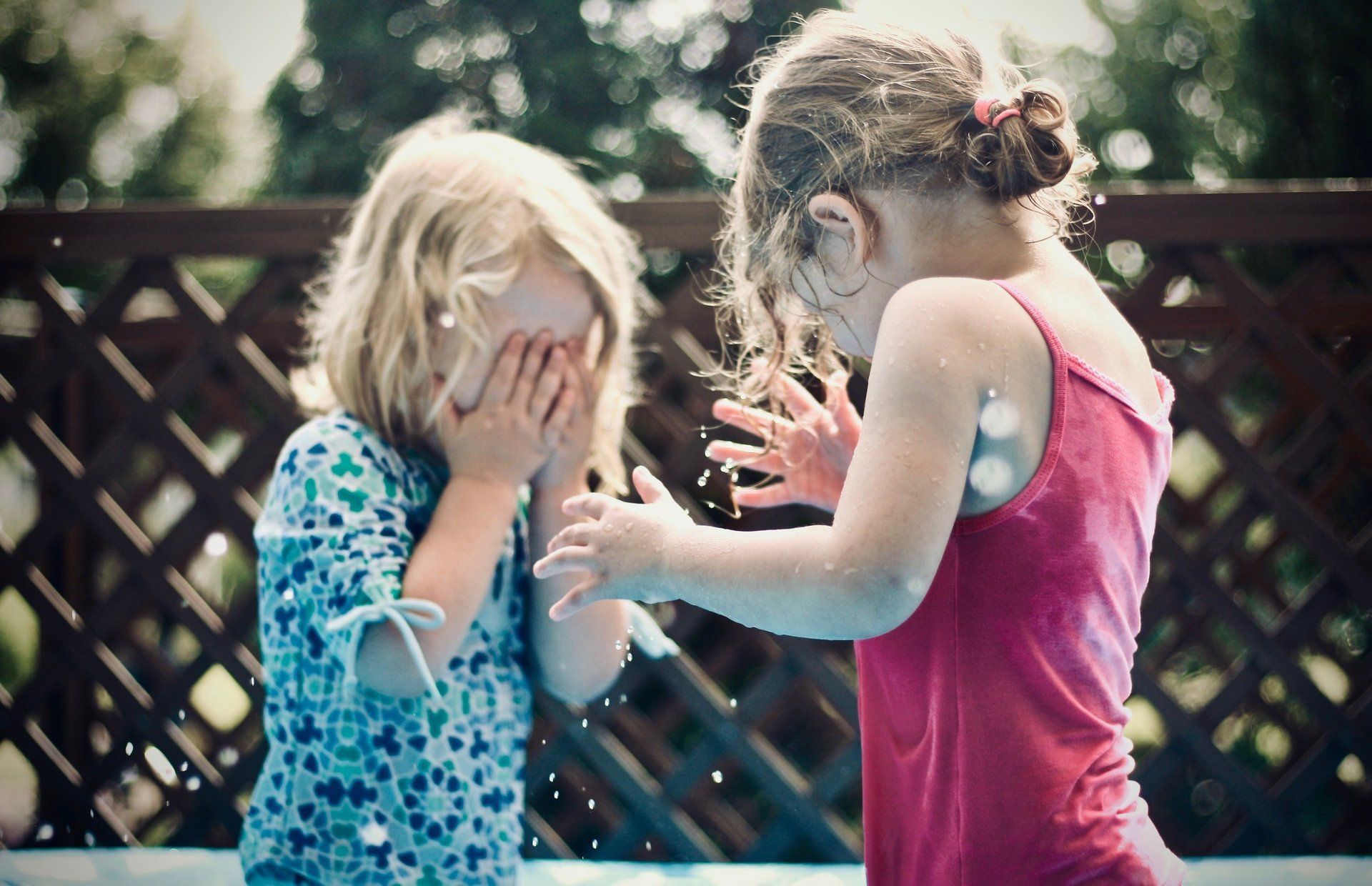Just Blogging It Out...

Creativity & Mental Health
Creativity can be deeply healing, whether through writing, music, painting, or simply finding new ways to see the world. It gives us tools to express what words can’t capture, to process emotions, and to find meaning in both struggle and joy.
At the same time, research suggests that highly creative individuals may face unique mental health challenges. Large-scale studies, such as Kyaga et al. (2011, Journal of Psychiatric Research), have shown that people working in creative professions are more likely to experience conditions like bipolar disorder, depression, and anxiety. Other work highlights how traits that fuel creativity, like divergent thinking, openness, and heightened sensitivity, may also increase vulnerability to emotional distress.
This doesn’t mean creativity itself causes difficulties. Instead, shared factors such as dopamine regulation or strong emotional intensity can influence both imagination and mental health risk. The very qualities that make someone deeply creative can also make them more attuned to pain.
Yet creativity is not just linked to vulnerability, it can also be protective. Engaging in creative practices has been shown to lower stress, boost resilience, and create space for connection. From sketching to songwriting, creative acts can function as anchors, offering balance in times of overwhelm.
Many creative people thrive because they intentionally nurture both their craft and their well-being. Recognising creativity as both a gift and a responsibility allows us to embrace its benefits while tending to mental health with care.
Practical ways to nurture creativity without burnout
- Set gentle boundaries: Creativity can flow endlessly—give yourself rest so that it remains sustainable.
- Mix creation with play: Allow space for unstructured, joy-filled creativity without the pressure of outcomes.
- Use creativity as release: Journaling, doodling, or making music can help process emotions in small, accessible ways.
- Seek balance: Pair creative intensity with grounding practices—walking, breathing, or connecting with loved ones.
In what ways does creativity support your own emotional balance, and how do you protect that balance when creative intensity feels overwhelming?


